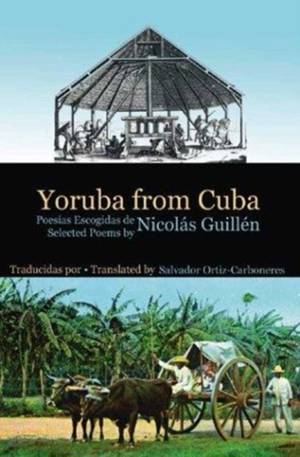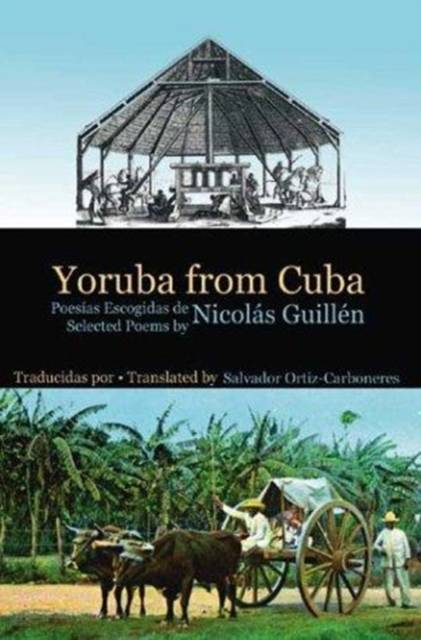
- Retrait gratuit dans votre magasin Club
- 7.000.000 titres dans notre catalogue
- Payer en toute sécurité
- Toujours un magasin près de chez vous
- Retrait gratuit dans votre magasin Club
- 7.000.000 titres dans notre catalogue
- Payer en toute sécurité
- Toujours un magasin près de chez vous
13,95 €
+ 27 points
Description
In calling this collection Yoruba from Cuba, a phrase from the poem 'Son Número 6', the translator, Salvador Ortiz-Carboneres, draws attention to Guillén's pioneering embrace, more than sixty years ago, of an African identity in Cuba.
His selection shows Guillén constantly returning to the theme of race and the historical legacies of slavery in both the Caribbean and the USA. But in poems such as 'Balada de los Dos Abuelos', Guillén is also seen stressing the mulatez heterogeneity of Cuban culture in drawing on African, European and other immigrant traditions. As a life-long Marxist and anti-imperialist, Guillén celebrated the Cuban revolution, including the heroic example of Che Guevara, but he also addressed the tendency to a repressive puritanism within the ruling party in such important poems as 'Digo que yo no soy un hombre puro'. In this dual language selection of one of the outstanding poets of the Hispanic world, Salvador Ortiz-Carboneres has created lively, very readable English versions that capture both the colloquial vigour of Guillén's language and the incantatory rhythms of those of the poems where he draws on the dance patterns of the Cuban 'son'. The selection covers the range of Guillén's work from Poemas de Transición (1927-1931) up to poems from La Rueda Dentada and El Diario que a Diario, both of 1972. With a translator's preface, an introduction by the distinguished scholar of Cuban culture, Professor Alistair Hennessy, notes, a chronology and a reading list, this is an edition that will bring Guillén's powerful and epochal poetry to both the general reader and to the student. His work is unquestionably one of the towering landmarks of Caribbean poetry. Salvador Ortiz-Carboneres teaches Spanish language and Latin American poetry at the Language Centre, University of Warwick.Spécifications
Parties prenantes
- Auteur(s) :
- Editeur:
Contenu
- Nombre de pages :
- 240
- Langue:
- Anglais
Caractéristiques
- EAN:
- 9781900715973
- Date de parution :
- 01-09-05
- Format:
- Livre broché
- Format numérique:
- Trade paperback (VS)
- Dimensions :
- 138 mm x 206 mm
- Poids :
- 244 g







